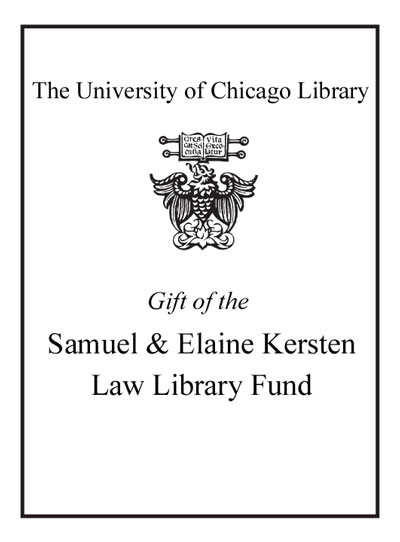Comparative human rights law /
Saved in:
| Author / Creator: | Fredman, Sandra, author. |
|---|---|
| Edition: | First Edition. |
| Imprint: | Oxford : Oxford University Press, 2018. ©2018 |
| Description: | xxxvi, 476 pages ; 26 cm. |
| Language: | English |
| Subject: | |
| Format: | Print Book |
| URL for this record: | http://pi.lib.uchicago.edu/1001/cat/bib/11751219 |
Table of Contents:
- Table of Cases
- Table of Legislation
- List of Abbreviations
- Note on the Cover
- Introduction
- Part I.
- 1. Foreign Fads or Fashions: The Role of Comparativism in Human Rights Law
- 2. What Is a Human Right? Dealing with Disagreement
- 3. Challenging the Divide: Socio-economic Rights as Human Rights
- 4. Allies or Subversives? Adjudication and Democracy
- 5. Interpreting Human Rights Law
- Part II.
- 6. Capital Punishment
- 7. Abortion
- 8. The Right to Health
- 9. The Right to Housing
- 10. Freedom of Speech
- 11. The Right to Education
- 12. Freedom of Religion
- 13. Conclusion
- Index

